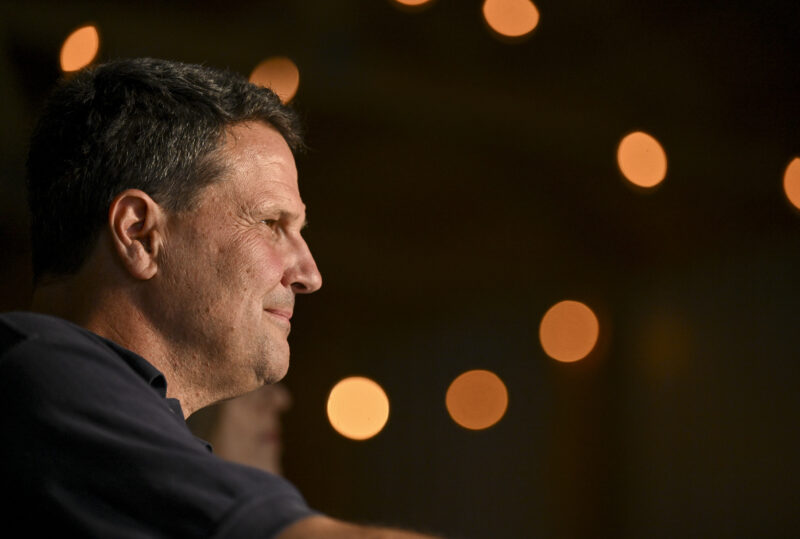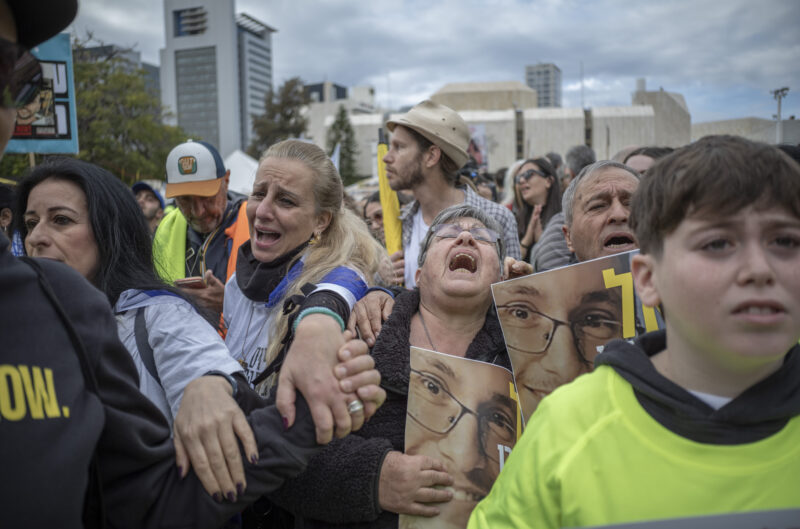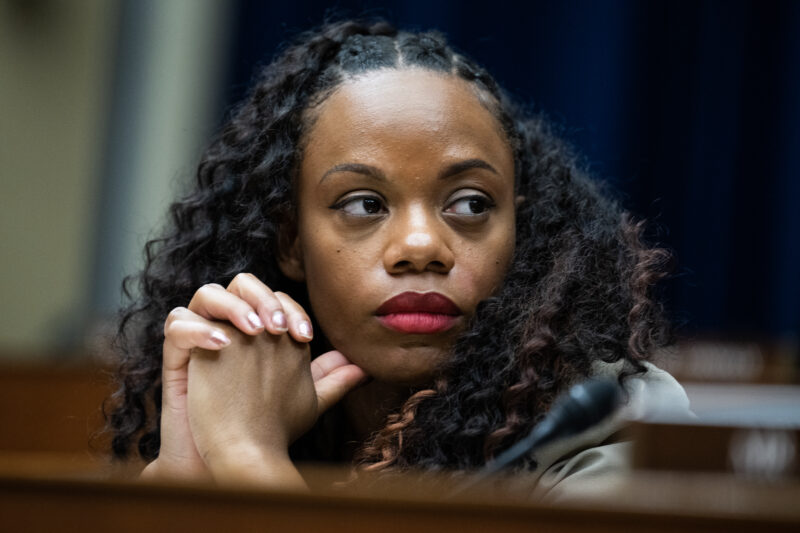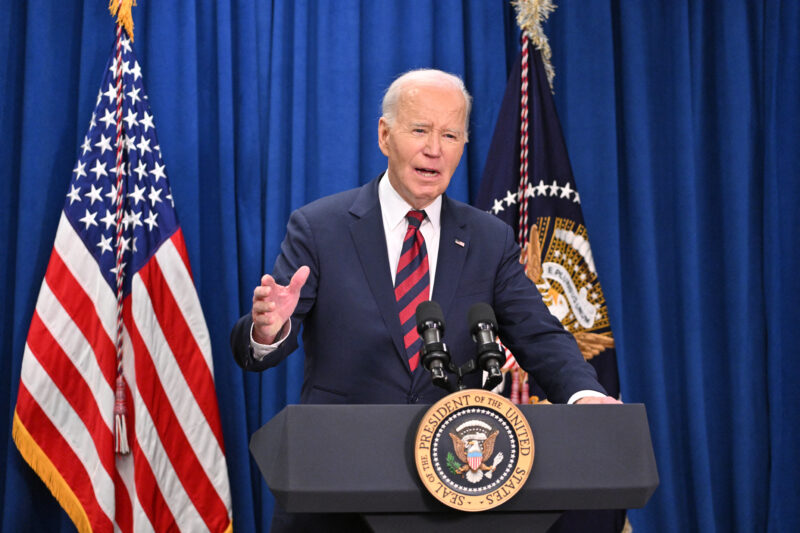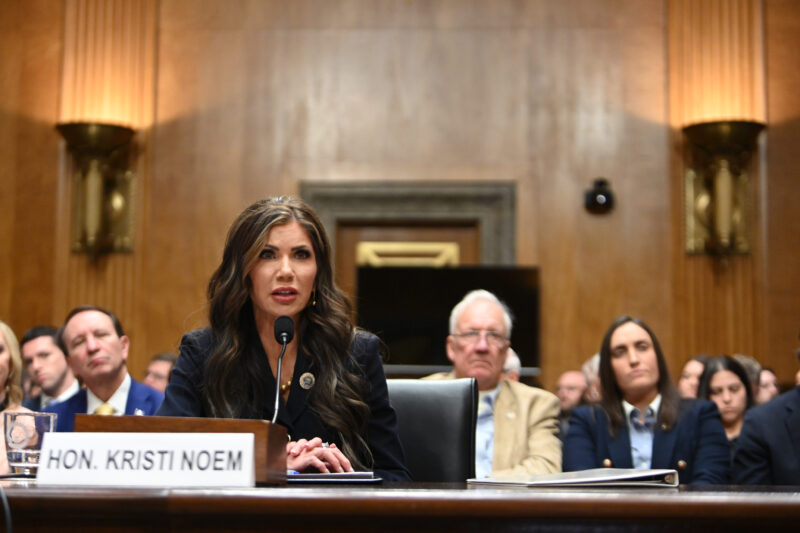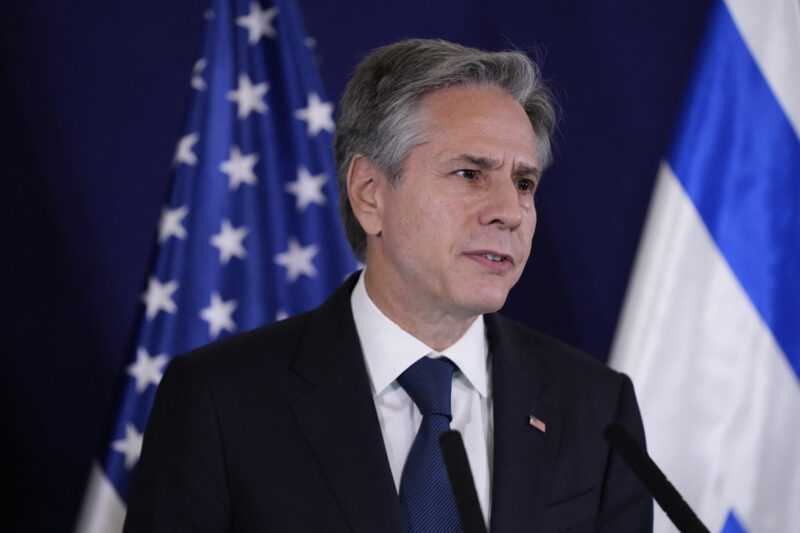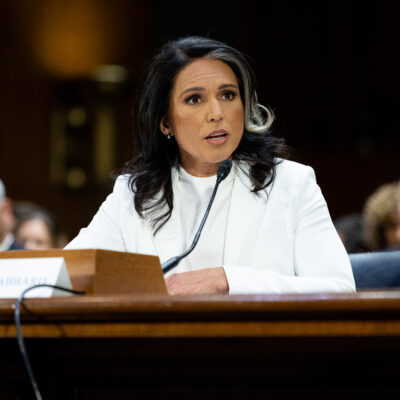Daily Kickoff
👋 Good Wednesday morning!
The Senate Foreign Relations Committee will vote this morning on the nominations of Deborah Lipstadt and Barbara Leaf, who were tapped to be the State Department’s special envoy to monitor and combat antisemitism and assistant secretary of state for Near Eastern Affairs, respectively.
Following a classified Senate Foreign Relations Committee briefing from Biden administration officials, Sen. Chris Murphy (D-CT) indicated on Tuesday that major issues still remain unresolved between the U.S. and Iran before a nuclear deal can be reached.
“The deal is not done. There are significant decisions that have to be made in both Washington, D.C., and Tehran” before a deal can be finalized, Murphy told Jewish Insider‘s Marc Rod, adding, “There are still not-insignificant outstanding issues.”
Senate Foreign Relations Committee Ranking Member Jim Risch (R-ID) issued a statement blasting the administration and urging it to abandon the talks. “Reports out of Vienna are unsettling at best, and I’m appalled at the concessions this administration is considering to placate the Iranian regime,” he said. More here.
Rep. Shontel Brown (D-OH) expressed hope that a nuclear deal with Iran would be “longer and stronger” than the original 2015 agreement in a statement to JI, echoing the concerns of other House members who have recently voiced reservations over the Biden administration’s renewed efforts to reach a deal.
“While I don’t know enough about the details of the emerging deal, I have long hoped that negotiations with Iran would result in a longer and stronger agreement,” Brown told JI on Monday. “I will review any announced deal closely to determine whether it will make the U.S. safer, improve stability in the region, and strengthen the security of our longtime ally Israel.” More here.
According to his public schedule, New York City Mayor Eric Adams is set to speak this afternoon at an AIPAC real estate luncheon in New York City.
Four Israelis were killed yesterday and two others wounded in a terror attack in the southern Israeli city of Beersheba. The assailant, an Arab Bedouin, struck and killed a bicyclist before driving to a local shopping center, where he stabbed several people, three of whom died from their injuries.
The assailant, who had previously confessed to supporting ISIS, served four years in prison for attempting to join the terror group in Syria.
Killed in the attack were Rabbi Moshe Kravitsky, a Chabad emissary in Beersheba, Doris Yahbas, Laura Yitzhak and Menahem Yehezkel.
U.S. Ambassador to Israel Tom Nides tweeted about the incident, calling it a “[d]espicable terrorist attack” and adding, “This has to stop! My heart goes out to the victims and their families.”
git ‘er done
Biden’s man in Brussels

Mark Gitenstein speaks during an interview with AFP at his residence in Bucharest on December 12, 2012.
As Russian troops expand their invasion across Ukraine, President Joe Biden will travel to Brussels today for a series of high-level emergency meetings with NATO and European Union officials. When he lands in Europe, he will be greeted by a familiar face: Mark Gitenstein, the U.S. ambassador to the EU — and the president’s best friend. At a time when Russia is upending geopolitics on the European continent, Gitenstein suddenly finds himself as one of Washington’s most important representatives abroad, Jewish Insider’s Gabby Deutch reports.
Important organization: “The European Union is the most important organization in the world to which the United States does not belong,” said Daniel S. Hamilton, a former deputy assistant secretary of state for European affairs and a non-resident fellow at the Brookings Institution.
Understanding Eastern Europe: Gitenstein, a lawyer, previously served as U.S. ambassador to Romania under President Barack Obama. Former colleagues and foreign policy experts suggest his time in Eastern Europe will leave him well-equipped to navigate the crisis in Ukraine. “I think he must bring with him a sensitivity to the concerns and the historical experiences that countries in the eastern part of Europe bring with them, post-communist countries still dealing with lots of legacy issues from a Soviet time,” said Hamilton. Gitenstein did not respond to a request for comment.
Direct line: That Gitenstein already served as an ambassador for three years could help him in his current posting at this high-stakes moment. And Gitenstein’s relationship with Biden doesn’t hurt: “It’s not like Mark picks up the phone once a day and says, ‘Joe, how are you?’ But the fact that he could do that at any time gives him a gravitas and credibility in his dealings abroad,” said Howard Gutman, who served as U.S. ambassador to Belgium when Gitenstein was in Romania. During an October 2009 visit to Romania, then-Vice President Biden called Gitenstein “my best personal friend.”
History matters: One lesson Gitenstein may have learned from his stint in Romania is that “history can have a very real impact on what goes on today,” particularly at a moment when Putin is trying to rewrite the history of Europe, said Andrew Baker, director of international Jewish affairs at the American Jewish Committee, who has worked with Gitenstein on Holocaust-related issues, including the delicate internal politics around the dedication of Romania’s Holocaust memorial in 2009.
Supporting democracy: Ukraine and Romania are young democracies, and both countries have faced challenges in their transitions out of communism. Gitenstein is familiar with those challenges. A White House press release announcing Gitenstein’s nomination to his current post highlighted how he “focused on fighting corruption and preserving democratic institutions” when he was in Romania.







